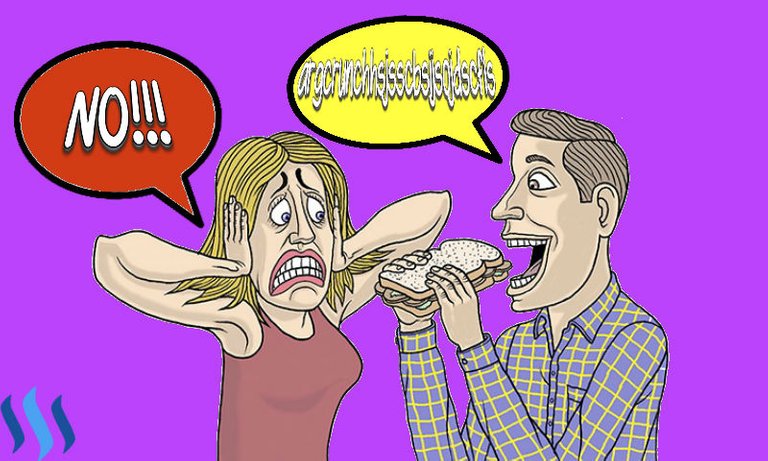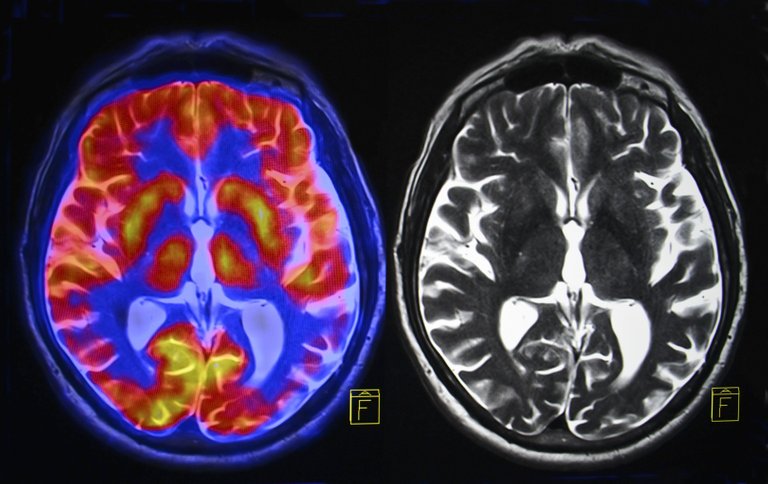
I love eating crackers that make the noisiest sound when you bite them but only when I'm alone. Actually that's not 100% true, because I also hate it when I hear that noisy chewing sound I produce myself. Not so long ago, the internet began to express that hate for whole loud chewing through memes, articles, and even funny video clips. Ever since then, the whole topic kept resurfacing and resurfacing on different social media feeds, but I think what we all should know about this issue is WHY do some people even hate the sound of chewing or just loud chewing? Well, let me tell you.
Misophonia
Misophonia is the term used to address this selective sound sensitivity disorder, and it's does not only have chewing sounds as part of its so called trigger sounds but also heavy breathing, whistling, etc. Yes, the simple feeling of being annoyed over these sounds is apparently considered a disorder already.
Dr. Sukhbinder Kumar along with his associates from the Institute of Neuroscience at Newcastle University and the Wellcome Centre for NeuroImaging at University College London (UCL) provides a strong evidence to the claim that indeed, this matter is a brain-based disorder. Here are his notable findings from the magnetic resonance imaging (MRI) his team used to observe brains of people with misophonia:
1. There is higher myelination in the ventromedial prefrontal cortex

So higher myelination in the vmPFC simply suggests that there is a strong sending and receiving of sensory information going on in the brain particularly in the vmPFC which is involved in so many aspects of the brain like memory, olfaction, sensory stimuli, etc. Basically, it's like there's a loud riot happening in this area of the brain when a person with misophonia hears their trigger sounds.
2. There is greater activation in the anterior insular cortex (AIC)

Conclusion
The brain terms might have overwhelmed you a bit, so I'll just wrap the whole answer to your main question in a simpler way.

Then we have the AIC that is also too active in misophonia subjects that causes them to have difficulties ignoring the trigger sounds. So when someone calls you out on your sensitivity to annoying chewing sounds and labels you uptight, tell them it's just how your brain parts connect and that they literally have no choice but to deal with it just as much as how you will have to deal with irritating sounds for the rest of your life.

I would say, that I have brain-disfunction -or disorder, But I do misslike chewing sounds indeed! Also if they aren't loud at all. I simply don't like it. Funny thing!
Wow..i like this science photography..so nice steemstem..
awesome
I have this, and it's a life changer. There have been times I've had to leave the room to get away from people and their sounds!